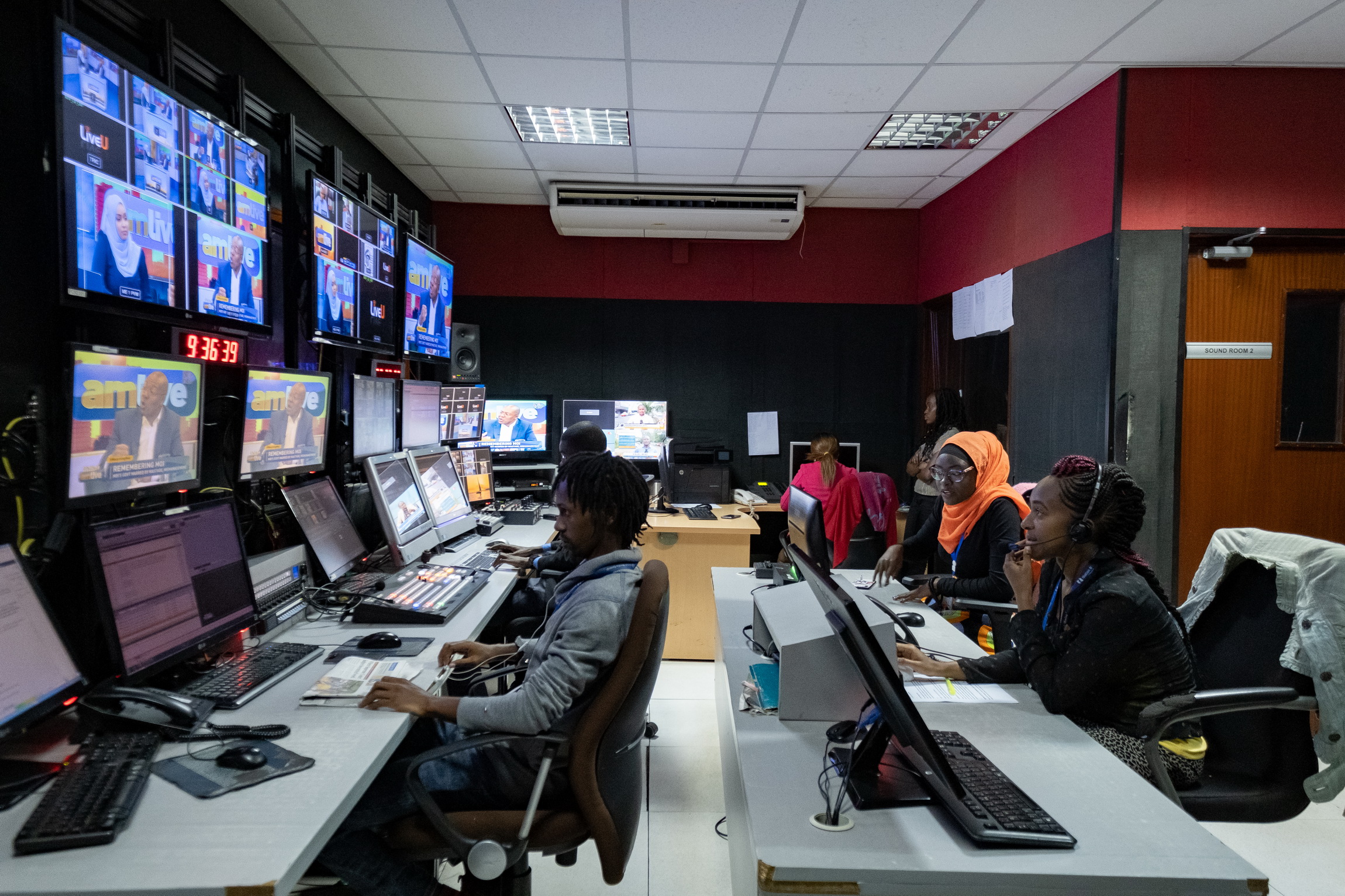Broadcasters are warned about unequal coverage during elections under proposed broadcasting regulations.
Legislators are considering the Kenya Information and Communication (Broadcasting) Regulations, 2022. The document, which has since been made public, includes several recommendations for a broadcasting license, broadcasted content, programming code, and complaint management.
Qualifications of ‘local content’
According to the proposal, local content for radio or TV, including news and ads, must meet any five of the following requirements:
- The production is made in either Kenya’s indigenous or official languages of Kenya;
- production and post-production are wholly or partly done in Kenya;
- the content deals with issues that are unique and relevant to Kenyan audiences;
- at least thirty percent of the share of the production company are owned by Kenyans;
- fifty percent of the— (a) leading actor or actors; (b) major supporting cast appearing in the program; and (c) technical crew, are Kenyans;
- the location of the shooting, in the case of audio-visual programs or performances, is wholly or partly in Kenya;
- the majority of the intellectual property is owned by a Kenyan citizen and the Copyright is registered with the Kenya Copyright Board;
- leading actor or actors;
- the program director is a Kenyan; and
- the majority of the five highest-paid performers are Kenyan Citizens.
Fees for broadcasting licenses
The Communications Authority of Kenya may regulate costs payable for the broadcasting services license, application, renewal, transfer, yearly licensing fee, and any other fees linked to the services, according to the draft.
The CA may also specify the time frame for payment of fees, as well as interest and penalties in the event of late payment.
Broadcasting by subscription
According to the proposed legislation, everyone who wants to provide a subscription broadcasting service must get a license from the CA.
“A broadcasting service provider whose signal originates from outside Kenya and who wishes to provide their broadcasting services in Kenya shall have landing rights authorization from the Authority and be licensed as a subscription service provider or provide their services through a subscription management service provider,” adds the law.
Protection of Children
According to the proposed law, a licensee is tasked with ensuring that their content is not harmful to children and that the broadcasted content does not have offensive language, violent material, or sexually explicit materials. This also includes sexually explicit lyrics in songs or those that depict violence.
Nothing new has been reported about the watershed period other than reiterating that all programs broadcast during the watershed period, including advertisements, shall be in the best interest of the child; Overall, licensees must ensure that due care is exercised not to broadcast harmful material/adult content during the watershed period.
Election season
According to the laws, broad casters must offer equal coverage and chances to registered political parties participating in the elections.
“A licensee should guarantee that the name of the political party or sponsor, if any, on whose behalf a broadcast is made is mentioned, both before and after such transmission,” the proposal states.
Broadcasters shall not carry sponsored programming by political parties or candidates unless it is a dramatized commercial. Licensees have also been advised against airing hateful or violent content.
Adds the law.
“A licensee must not broadcast views that could incite violence or advocate hatred that is based on race, ethnicity, gender, religion or political convictions and that constitutes an incitement to cause harm to candidates participating in elections or the general public,”

